Manufacturing is an expensive undertaking. Manufacturers must delicately balance materials, labor, and overhead costs against sales goals to maximize profits and hit their targets.
Quotes help navigate this complex equation, ensuring customers quickly have an idea of the cost of a given job. This can be a tricky process as manufacturers must have a strong record of their overhead and operating expenses across all the different parts they offer, as well as the ability to estimate custom and net new part profiles.
Below we explore the process of quoting and offer strategies to improve both the speed at which a RFQ can be fulfilled and the accuracy with which it is done.
The Importance of Accurate Manufacturing Quotes
Manufacturing quotes estimate the raw materials, labor, and margins needed to create a specific item. They help keep businesses on track with their production goals by providing an estimated cost for the desired item before production begins. By understanding their costs and production capabilities, businesses can price their items more effectively and ensure they meet their profit goals.
Customers benefit from quotes, too. Most customers obtain quotes from different manufacturers to compare pricing, quality, and delivery times before deciding which manufacturer to use for their production needs.
Quoting also provides invaluable insights into the entire supply chain process, allowing businesses to plan for future production needs more efficiently. Companies can make sound decisions on material quality and price with comprehensive quotes containing pertinent information related to components and services.
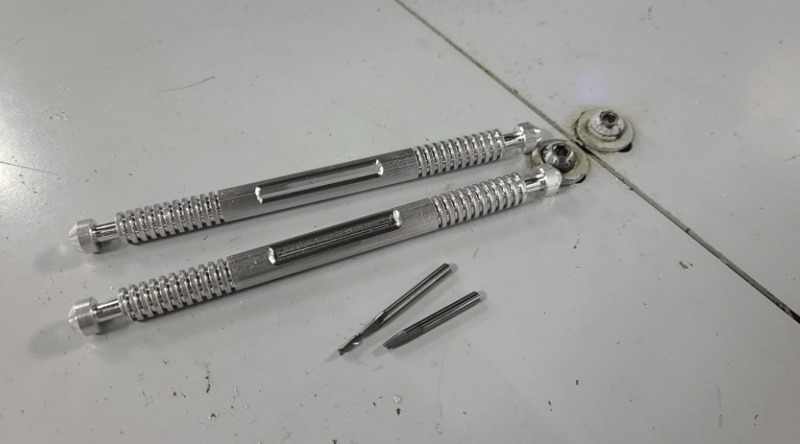
Quoting Challenges for Manufacturers
Several challenges must be addressed to ensure accurate quoting:
- Shifting Customer Expectations: The customer experience is more sophisticated today than ever before. Most assume and expect a high degree of automation in the order process, including quotes.
- Complex Approval Processes: In industries where tolerances are tight (such as CNC machining), numerous approvals may accompany an order. These approvals are especially true in aerospace, medical, pharmaceutical, and defense industries, where compliance is often tied to orders.
- Manual Quoting Processes: Despite an increasing trend toward digitization and automation in manufacturing, companies still do it "old school" with a manual quoting process. This process introduces a high chance of errors and creates a time lag in a world that no longer tolerates them.
The Benefits of Fast and Accurate Manufacturing Quoting
The first order for any manufacturer is profit and profitability. Fast and accurate quoting delivers many benefits to support these goals, including:
- Accurate Understanding of Return: Different jobs, especially in discreet manufacturing, take different amounts of machine time, material, and experience. Accurate quoting helps companies predict the return on labor and materials needed for a job.
- Repeat Orders: Customers want prompt quotes that beat their other options. Fast, accurate, and transparent pricing builds confidence and encourages repeat orders. This is why retaining costing data for each part is also important as it can continue to be used in the future.
- Linked Production and Sales Processes: For a quote to be effective, sales staff must have confidence that BOMs, routings, schedules, inventory, and other production processes are accurate. If BOMs or routings are off, material requirements are skewed, and the company may quote too high to secure the order or too low to make a profit. A systemized quoting system using configure-price-quote (CPQ) software ties these processes together.
- Improved Supply Chain Management: When production and sales processes are linked and quoting is accurate, planners can better predict demand. They can also deploy supply chain management strategies to optimize materials, labor utilization, and capacity.
Using CPQ Software
CPQ software automates the quoting process from the request through the order point. It enables manufacturers to quickly create quotes based on a customer's specifications.
The software uses pricing, discounting, and other capabilities to ensure that a business's quotes are accurate. Customers don’t tolerate errors in pricing, and a company can reduce the cost of resolving errors by providing a quote tailored to a customer's needs.
Companies can also use CPQ software to achieve faster implementation, increase productivity, and eliminate costly mistakes caused by human error. Rule-based automation can reduce or eliminate the need for manual data entry and calculations.
It’s common for order quantities or design specifications to change between when an order is placed and when it begins in production. Advanced CPQ systems have automated control for engineering change and other change management functions that require a hierarchy of approval.
CPQ is especially beneficial for manufacturers that deal with complex products and short product life cycles. It can streamline the quote-to-billing process, ensuring that manufacturers can get to market as quickly as possible.
Key benefits when using CPQ systems are:
- Shorter Sales Cycles: Turning leads into customers is hard work. With fast and accurate quoting, CPQ software can shorten the cycle.
- Improved Chances to Upsell: CPQ software allows customization and automated configuration so sales staff can make suggestions alongside the original quote.
- Increased Customer Satisfaction: CPQ software automates alerts and other notifications to customers, driving satisfaction and repeat orders.
The Role of Machine Data in Quoting
Quoting software is a step in the right direction when it comes to automating the quoting process, but it will only take you so far. So what’s the missing link to unlock true accuracy and speed up your quotes beyond that of any competitor?
Machine data.
Your quoting process, whether it is managed manually, in an ERP< or with a CPQ system, is only as good as the data that goes into it. Machine data can tip the scales to real-time accuracy for any quoting system. It’s especially critical for job shops, contract manufacturers, and those with high-mix and low-volume businesses. Data holds the key to precisely what is happening in the production process, and using it means tying your CPQ system to the source.
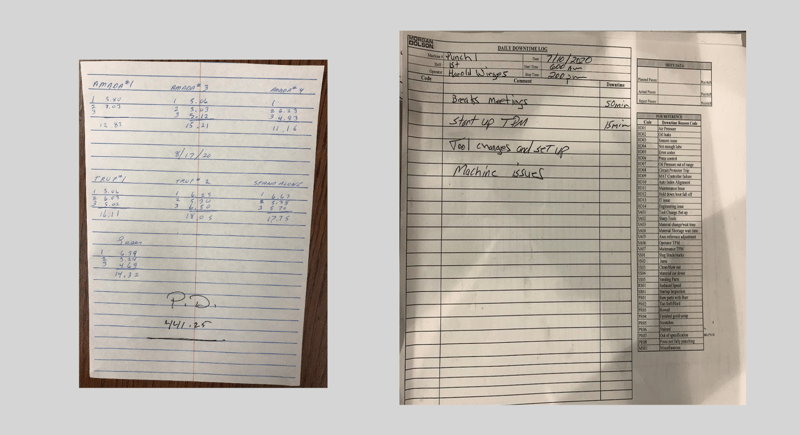
Discrete manufacturers often run very small lots and must deal with various OEM production equipment. Fast-changing jobs and one-off orders make it difficult to hold the line on optimized processes in a manual environment. The result is that quoting, and therefore profitability, are at risk.
Machine data gives CPQ systems accurate job and machine performance regardless of the lot size or customizability. Combined with cloud-based AI analytics, similar jobs and machine-to-machine and operator-to-operator performance trends are detectable and actionable.
Using machine data with a CPQ system also helps managers improve operational performance and better manage labor, capacity, material, and machine condition. And because cloud-based machine data platforms use advanced machine learning algorithms, the analysis becomes more accurate as more data is collected.
Dive deeper on the value of machine data for quoting.
Discover the Benefits of Machine Data
With more and more manufacturing assets discovering the power of connected equipment and machine data, it makes no sense to use an outdated, manual, and error-prone manual quoting system.
If you're going to deploy a quoting solution, why not take it to the next level and use your machine data to let the software do what it was designed to do? After all, the data is already there and waiting - it only needs be captured and sent to the quoting system,
MachineMetrics integrates with the manufacturing tech stack (including ERP, MRP, QMS, CMMS, and CPQ) to deliver high quality, accurate data in real time. With all your enterprise systems operating under a single version of the truth, your quotes will be fast and accurate.
Want to See the Platform in Action?
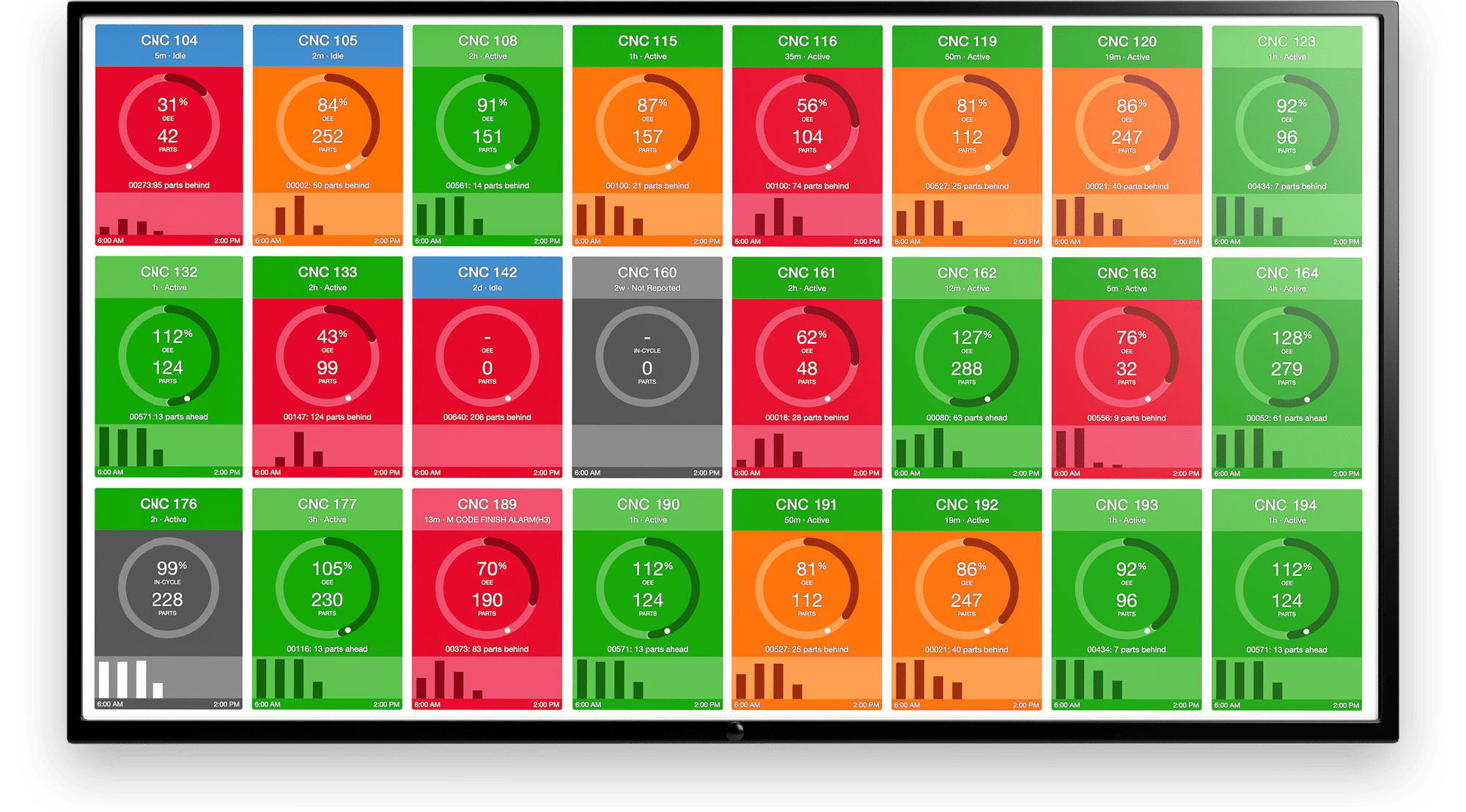
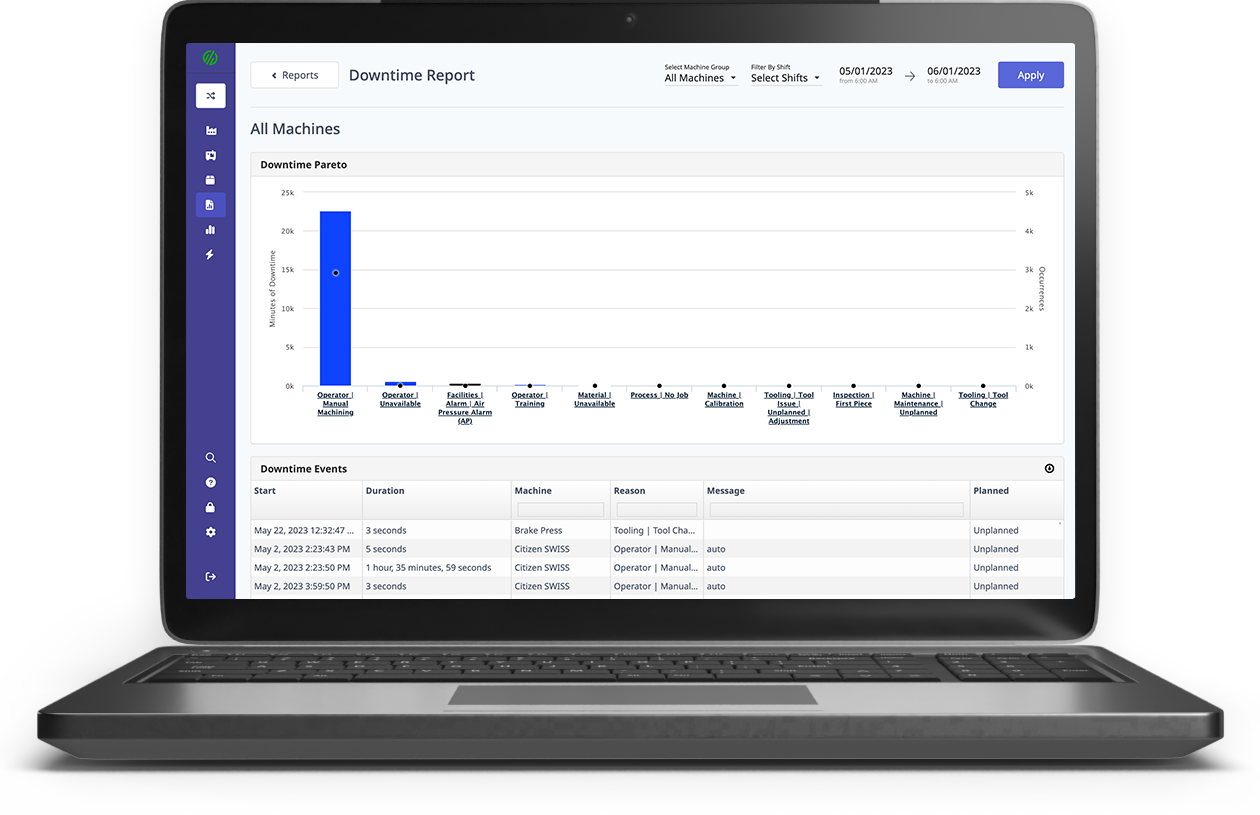
.png?width=1960&height=1300&name=01_comp_Downtime-%26-Quality_laptop%20(1).png)


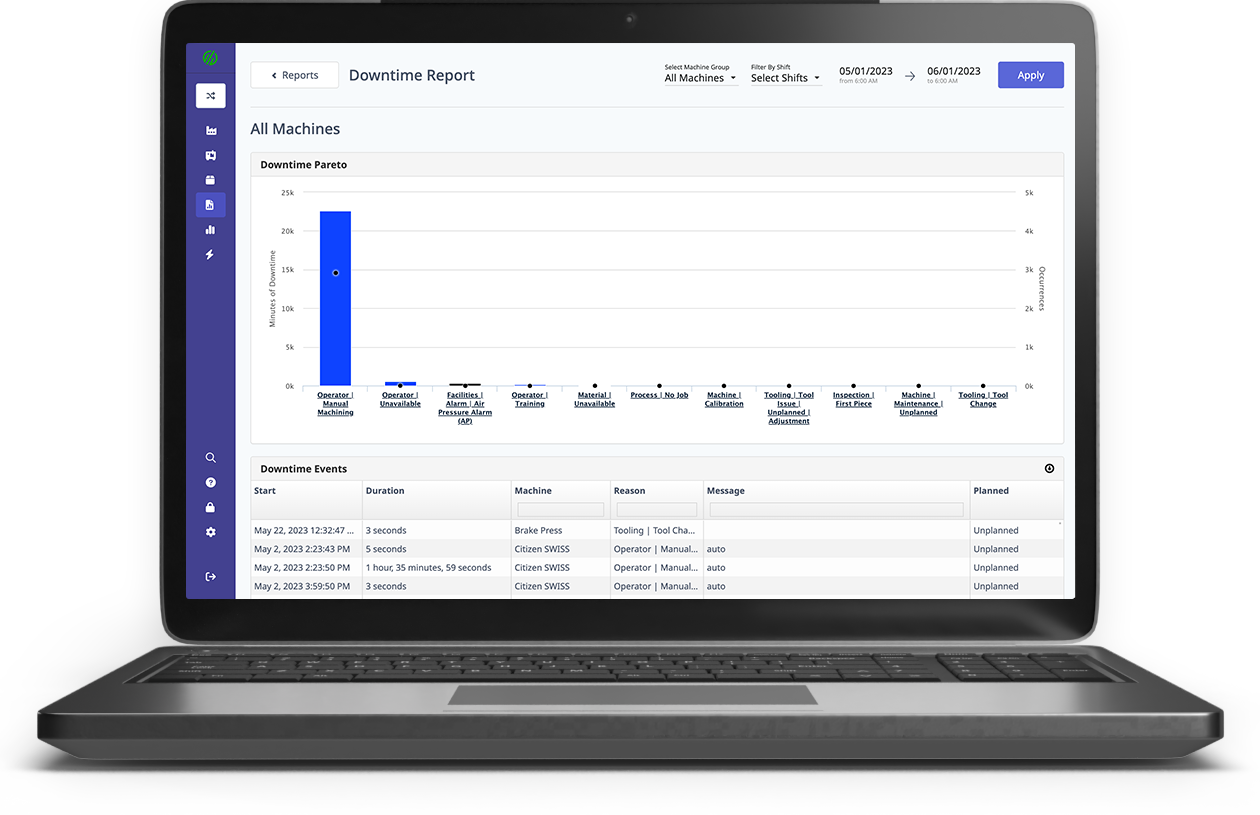
.gif)
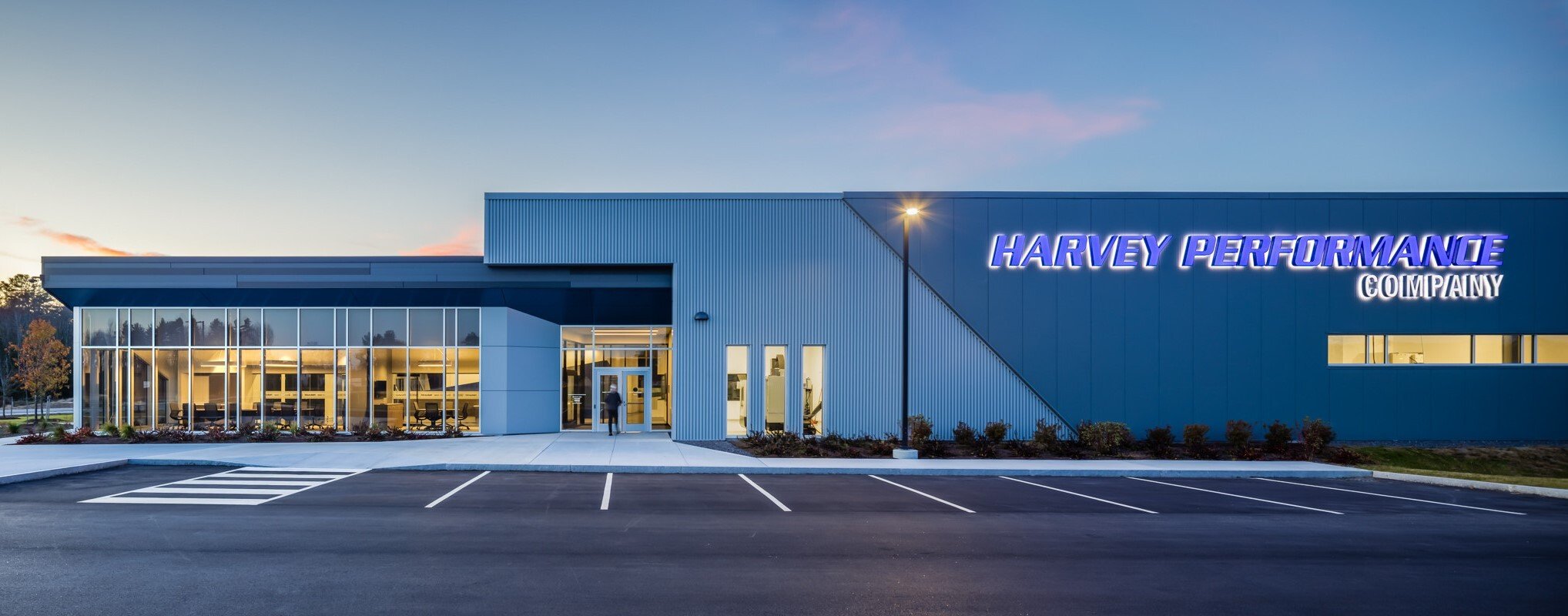
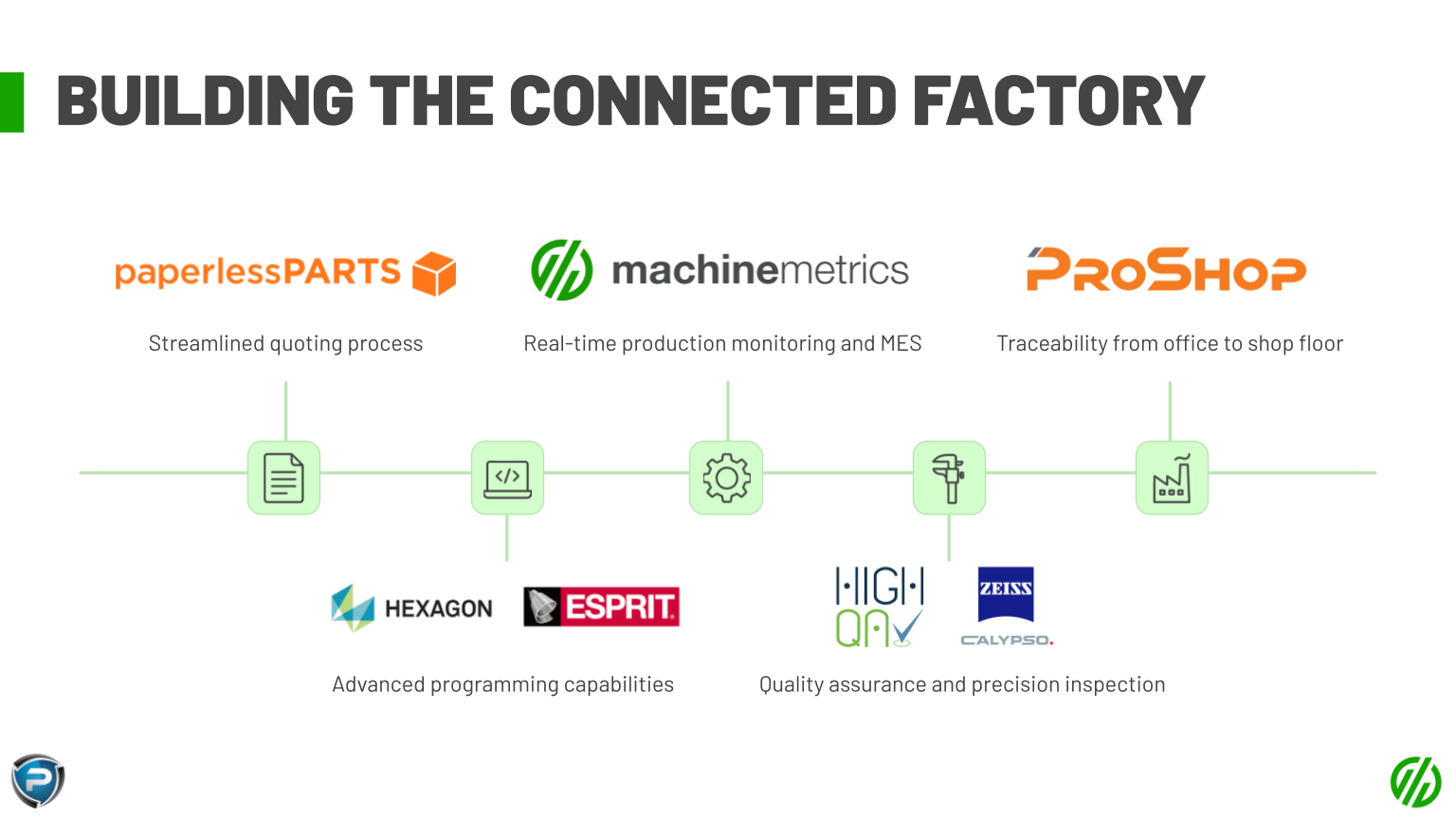
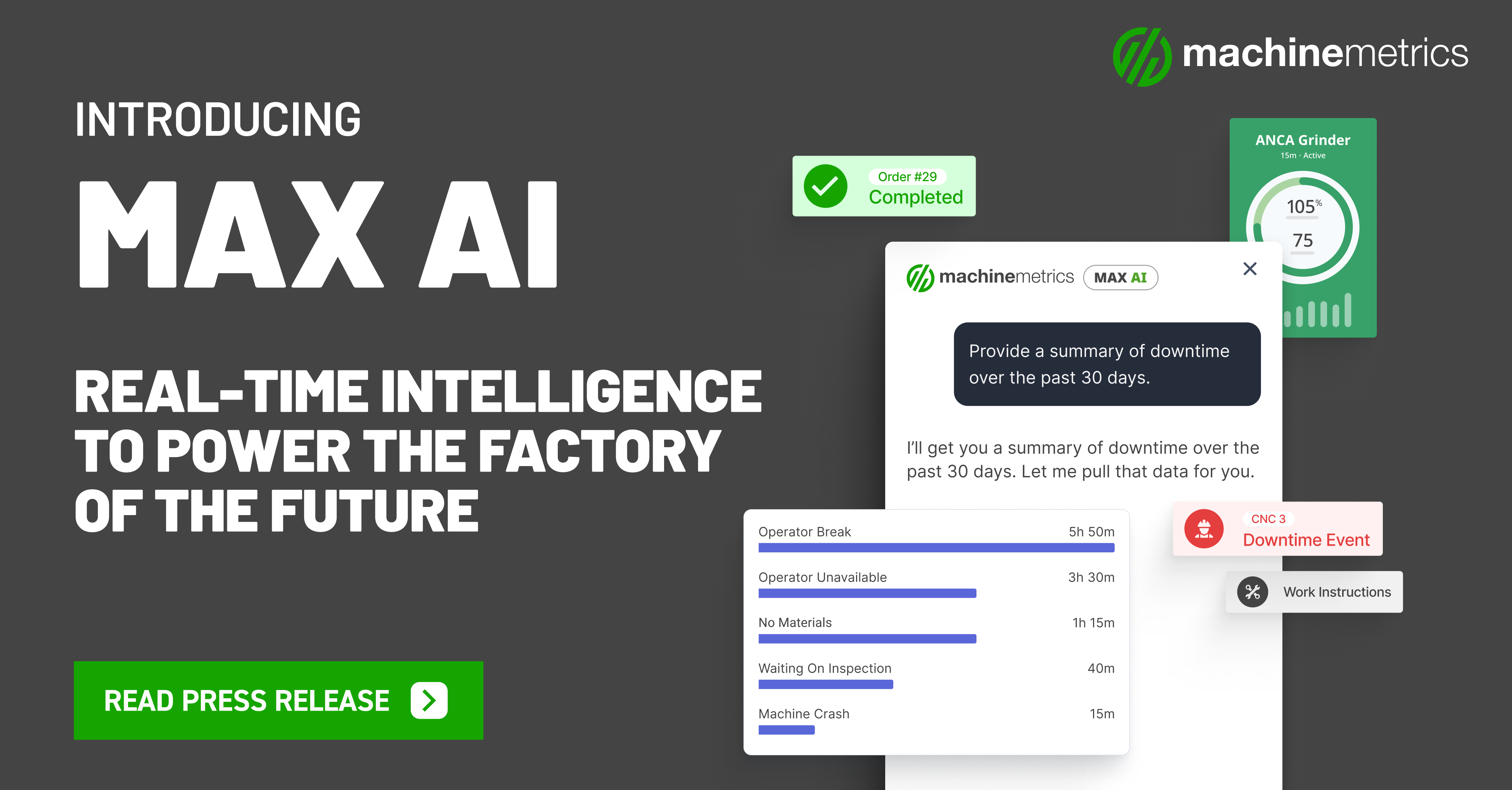
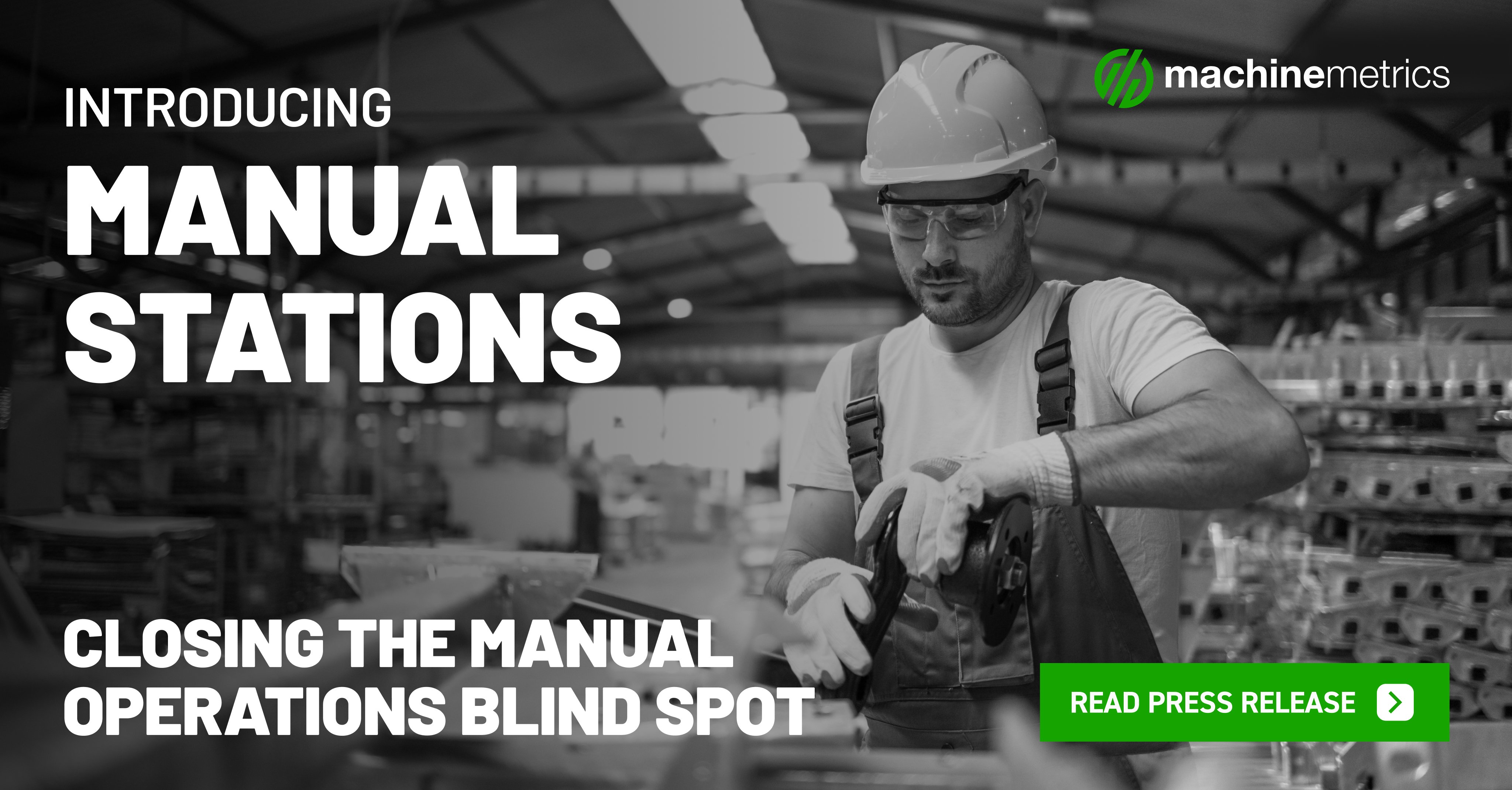
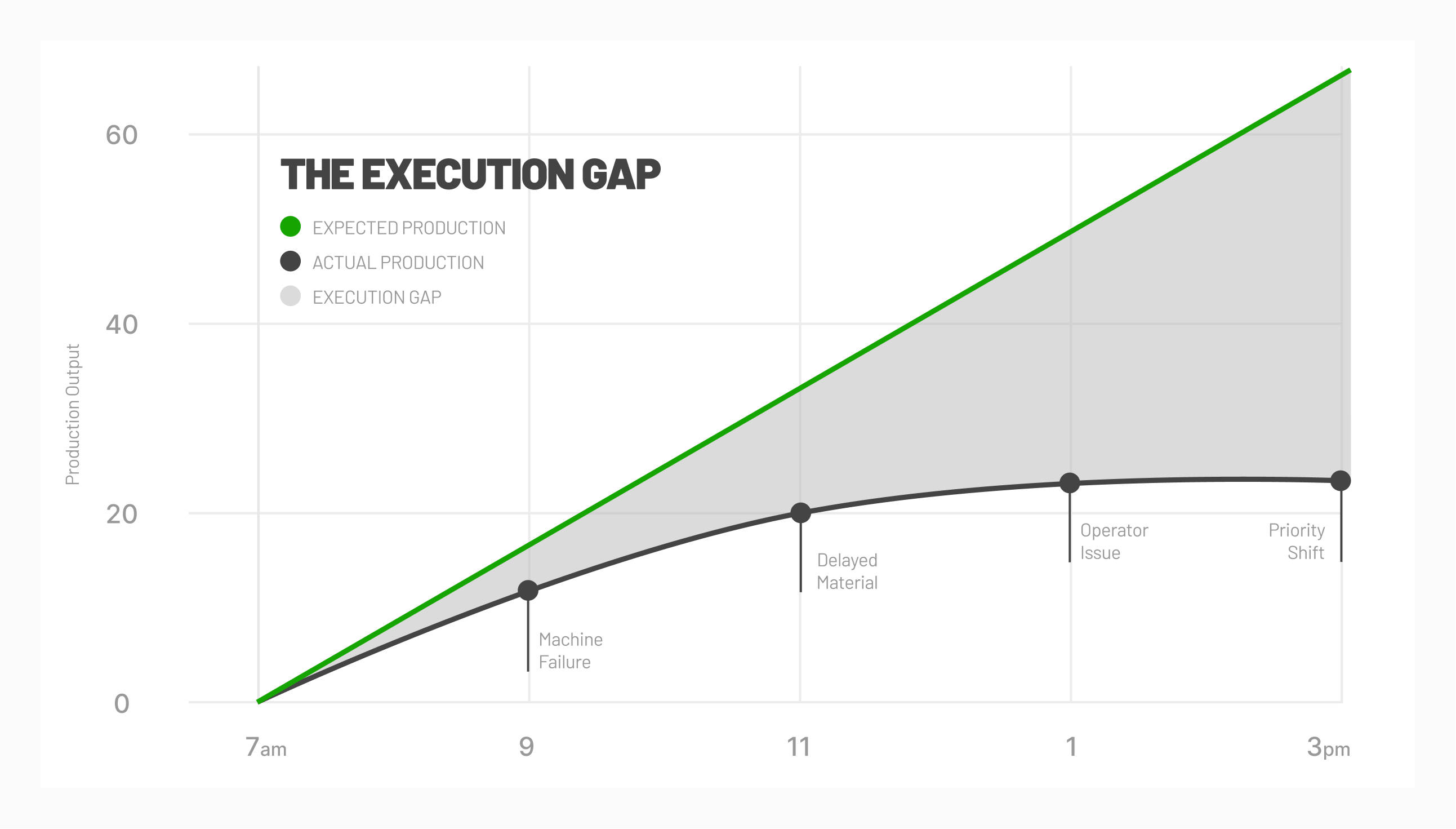

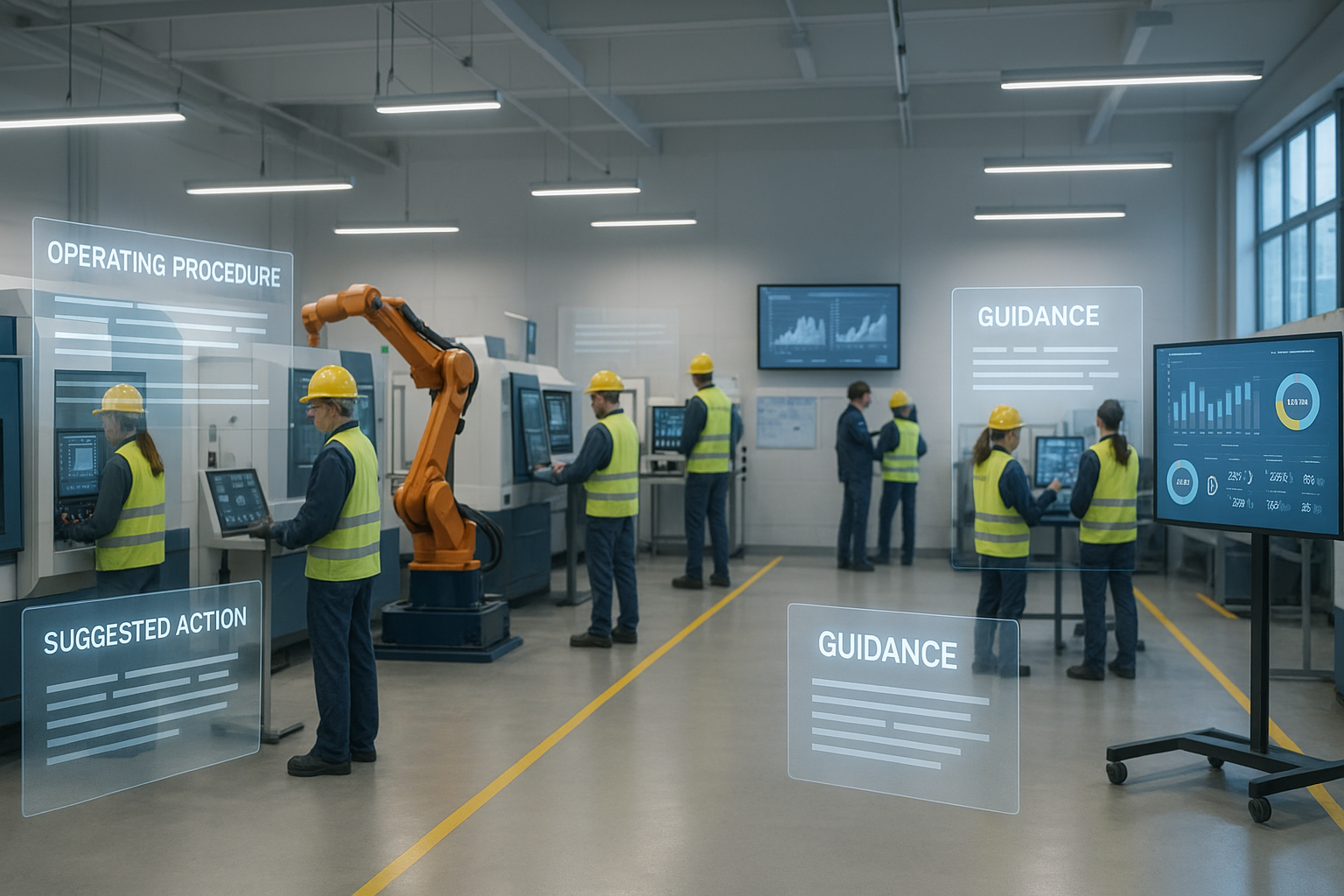

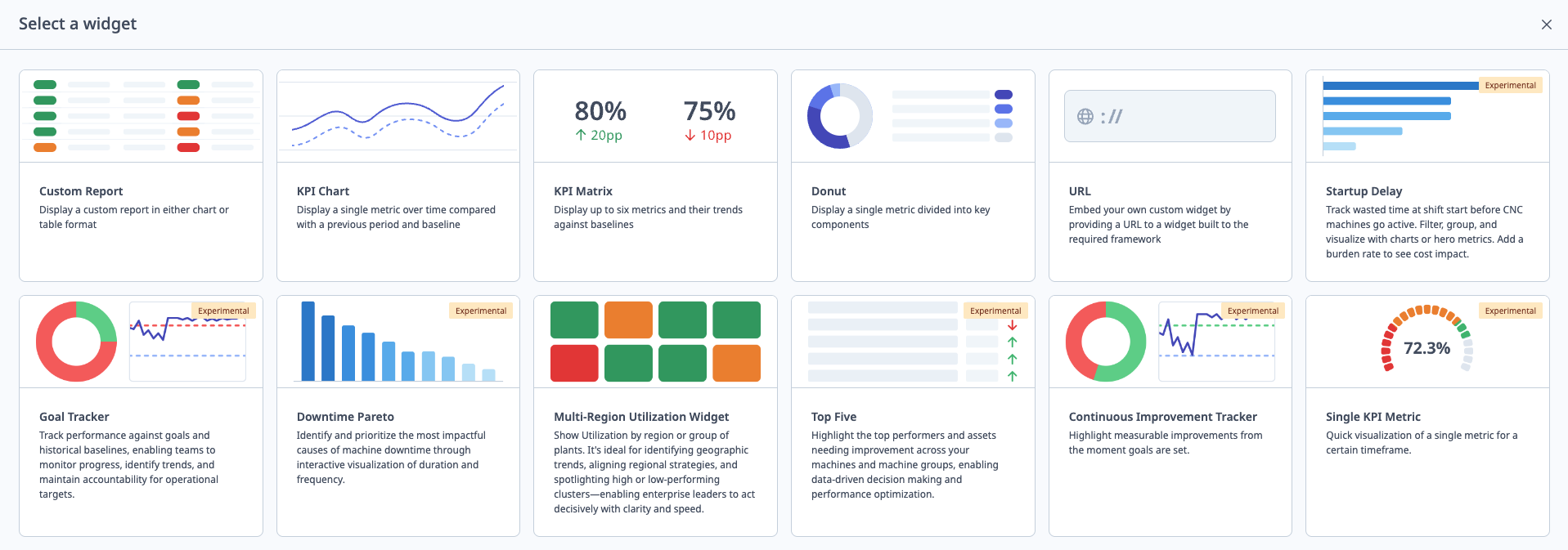
Comments